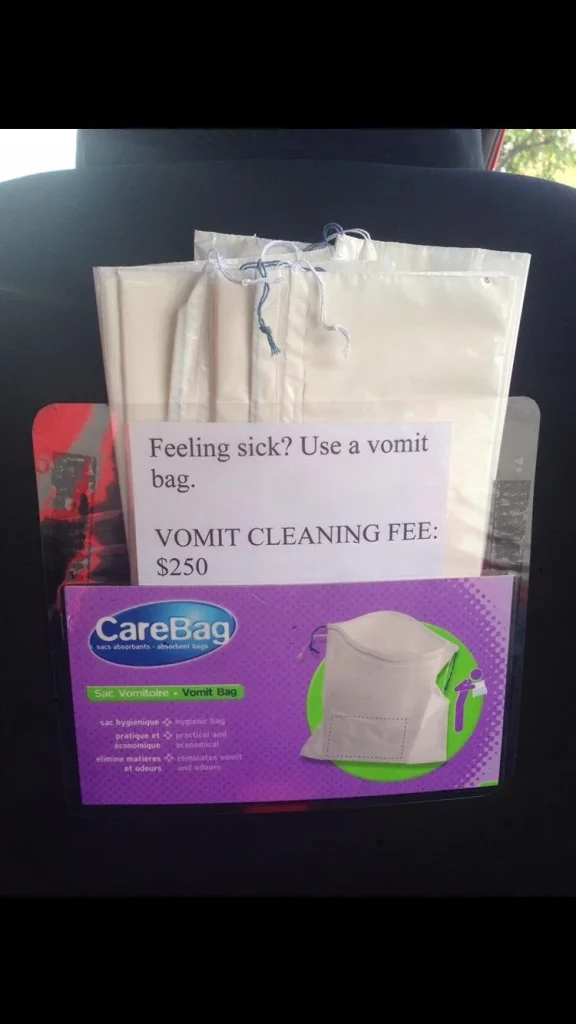12+ Reasons Why You Should Never Swim In Public Swimming Pools
1. That chlorine smell? It isn't from chlorine...
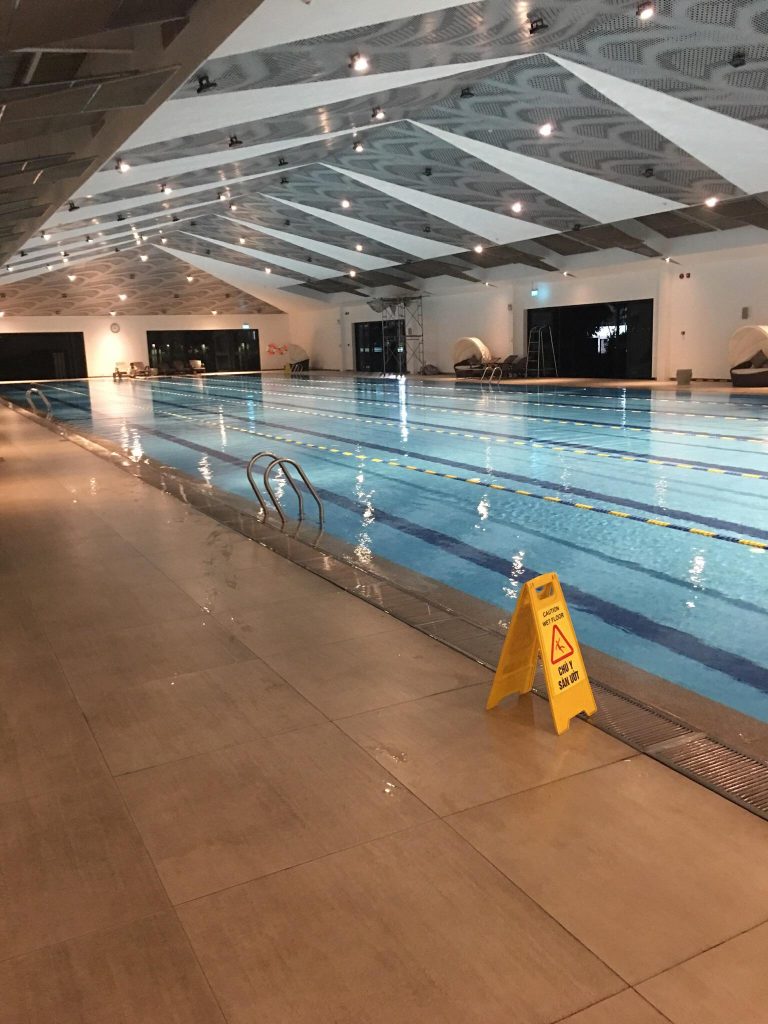 image source: reddit.com
image source: reddit.com
The distinctive "chlorine" odor enveloping pool areas is not a direct result of chlorine itself but rather stems from chloramines. These compounds form when chlorine reacts with organic substances like sweat, urine, or other bodily fluids. While chlorine is added to pool water to disinfect and maintain cleanliness, the byproducts of its interaction with organic matter create the characteristic smell.Advertisement
2. A surprising amount of adults pee in the pool (do you?)
 image source: reddit.com
image source: reddit.com
A concerning revelation from a survey conducted by the Water Quality and Health Council indicates that one in five adults openly admits to urinating in the pool. This common practice introduces urine, a source of nitrogen, into the water.Advertisement
3. Public pools harbor A LOT of bacteria
 image source: reddit.com
image source: reddit.com
The allure of public pools can sometimes overshadow the lurking risks associated with bacterial contamination. Without strict adherence to proper hygiene and maintenance protocols, public pools can become breeding grounds for harmful bacteria such as E. coli and norovirus.Advertisement
4. Swimmers shed MILLIONS of skin cells into the water...
 image source: reddit.com
image source: reddit.com
The seemingly innocuous act of swimming involves the continuous shedding of millions of skin cells into the water. While this natural process is a testament to the constant renewal of our skin, it also provides an unintended food source for bacteria.Advertisement
5. The hair buildup in pool drains
image source: reddit.com
Hair buildup in pool drains is a common issue that can adversely impact the efficiency of water circulation and filtration systems. As swimmers with varying hair lengths utilize the pool, hair strands can accumulate in drains, leading to clogs and reduced water flow.Advertisement
6. The water quality and hygiene goes downhill the more people that are in the pool
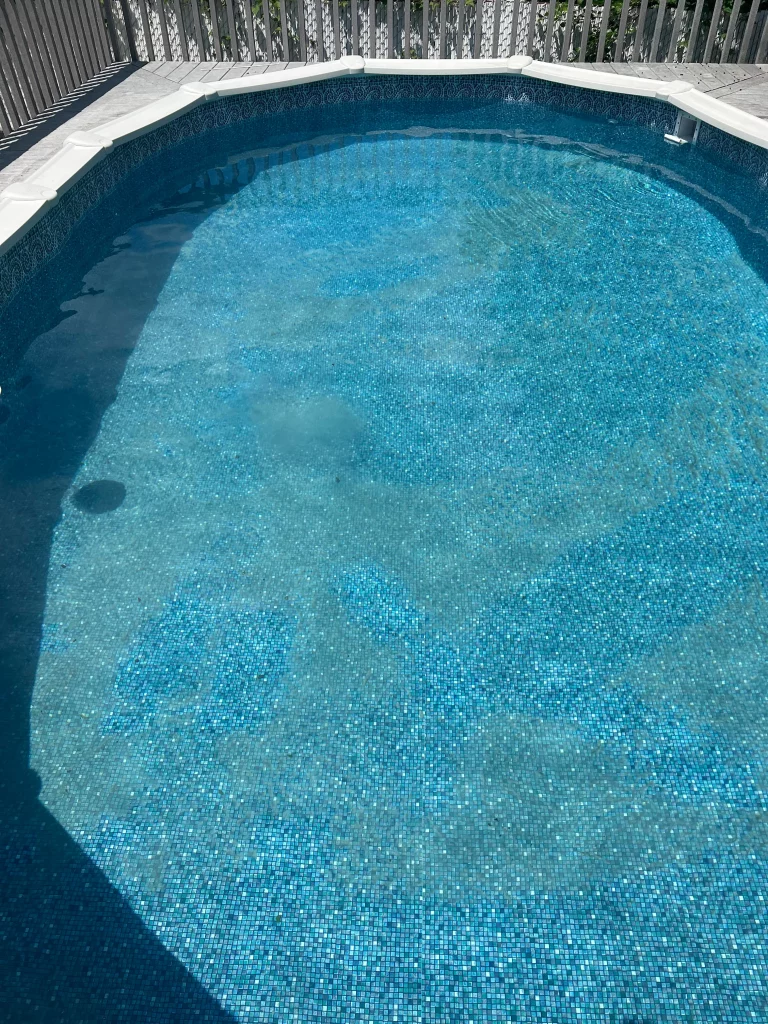 image source: reddit.com
image source: reddit.com
The impact of a high bather load on public pools extends beyond the visible crowds. The sheer number of individuals sharing the same water space intensifies the challenges related to water quality and hygiene. Increased body mass, perspiration, and personal care products introduced into the pool by a large number of swimmers contribute to heightened organic contaminants.Advertisement
7. Contamination can be caused by wearing sunscreen as you swim
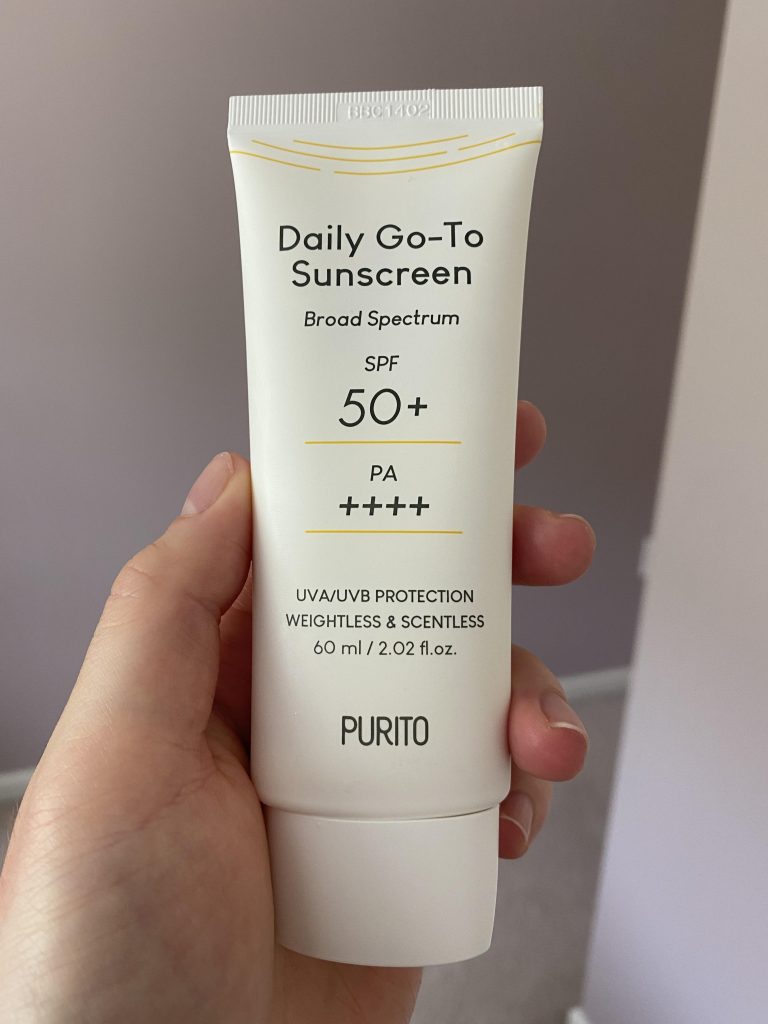 image source: reddit.com
image source: reddit.com
While sunscreen is a necessary defense against harmful UV rays, its unintended consequences in a pool setting underscore the importance of water quality management. Sunscreen residues washed off swimmers' bodies can blend with pool water, leading to the formation of chloramines.Advertisement
8. A chlorine-resistant parasite is living its best life
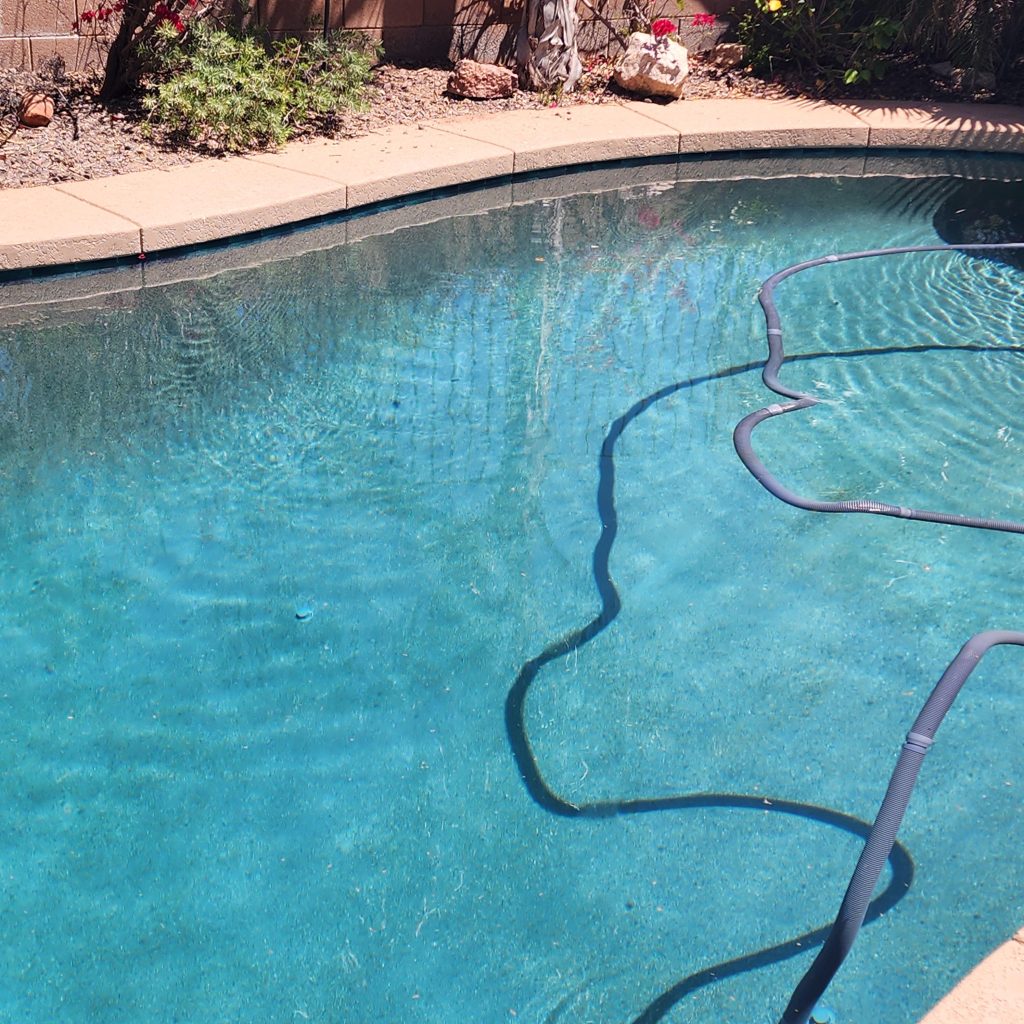 image source: reddit.com
image source: reddit.com
The presence of Cryptosporidium in pool water poses a persistent threat due to its resilience against chlorine. This chlorine-resistant parasite can survive for several days, making it a challenging contaminant to eradicate. Cryptosporidium is notorious for causing gastrointestinal illness.Advertisement
9. Incorrect pH levels can lead to problems
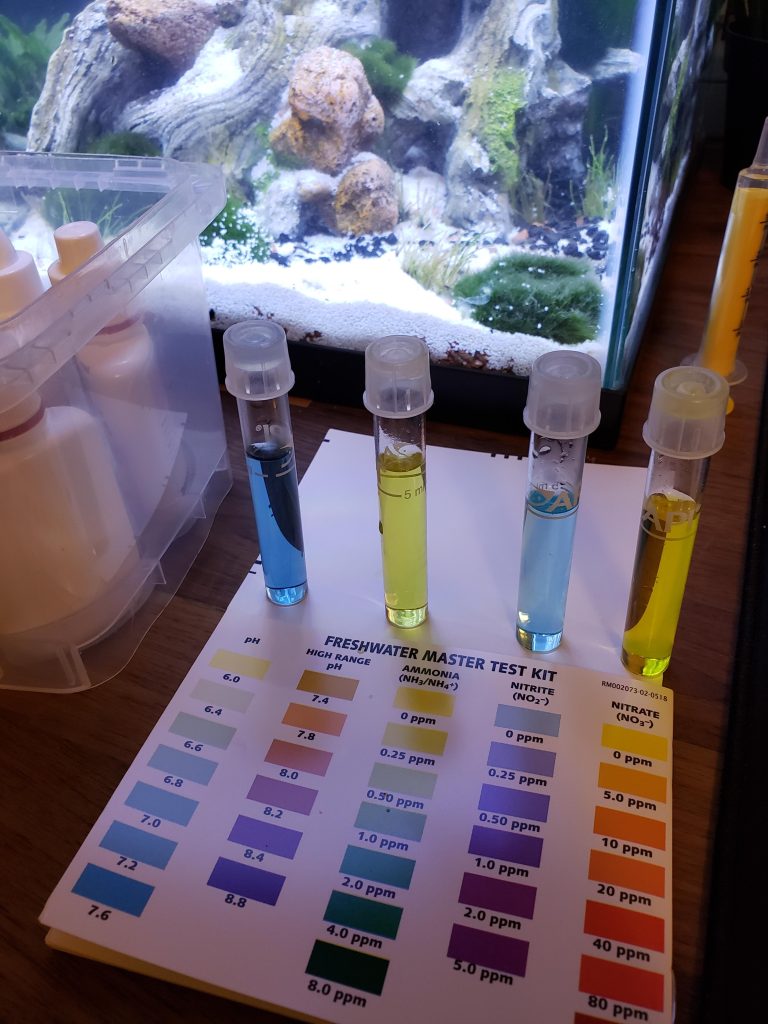 image source: reddit.com
image source: reddit.com
Maintaining proper pH levels in pool water is pivotal for ensuring a comfortable and safe swimming experience. Improper pH levels can lead to skin and eye irritation for swimmers. When the pH strays from the recommended range, chlorine effectiveness diminishes, potentially allowing harmful microorganisms to thrive.Advertisement
10. Watch out for cloudy pool water
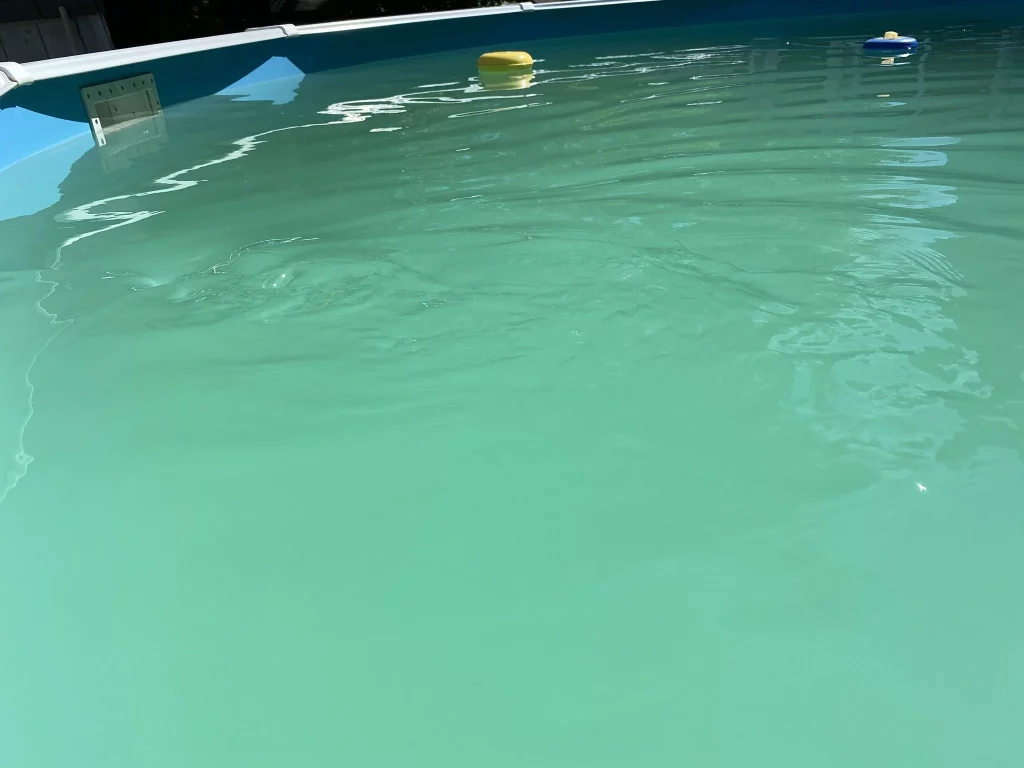 image source: reddit.com
image source: reddit.com
Cloudy pool water serves as a visible indicator of potential issues with water quality and maintenance. Inadequate filtration, insufficient chlorine levels, or an imbalanced chemical composition can all contribute to the cloudiness.Advertisement
11. The dangers associated with holding your breath underwater
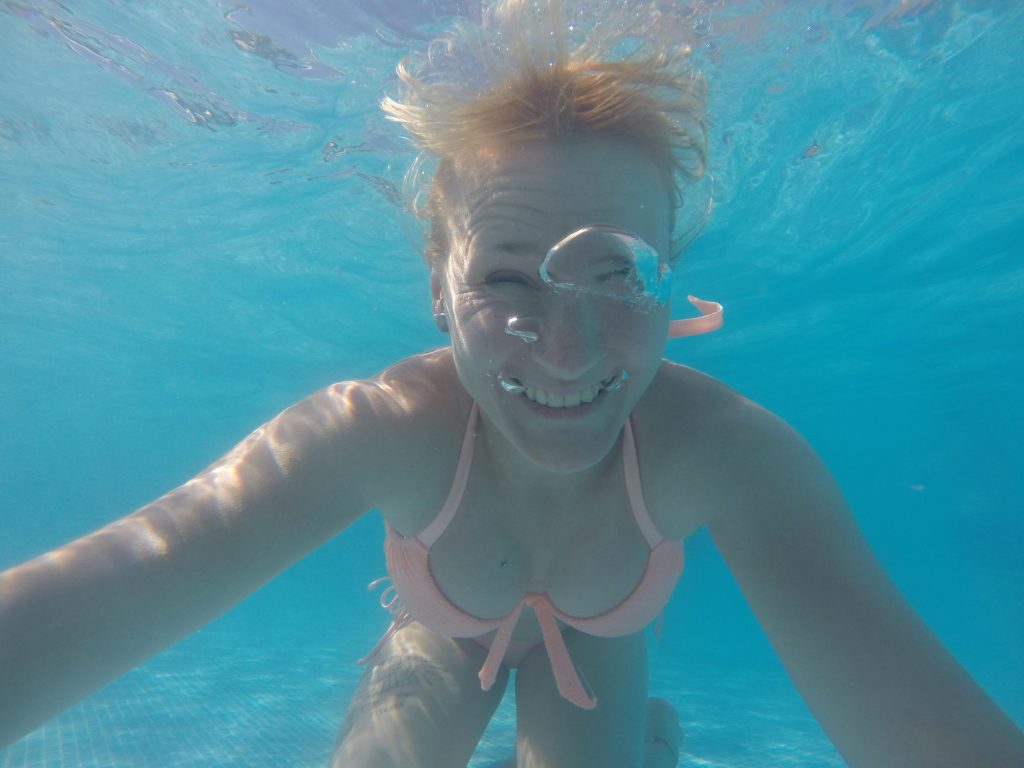 image source: reddit.com
image source: reddit.com
The seemingly harmless act of holding one's breath underwater can conceal a perilous consequence known as shallow water blackout. This condition arises when an individual, particularly during prolonged breath-holding exercises, experiences a sudden loss of consciousness underwater due to a lack of oxygen.Advertisement
12. There might be chemical exposure risks
 image source: reddit.com
image source: reddit.com
The handling and storage of pool chemicals demand meticulous attention to prevent potential health hazards for both pool staff and swimmers. Inappropriate practices in chemical handling can lead to accidental exposure, skin irritations, respiratory issues, and other health complications.Advertisement
13. Public pools have been linked to outbreaks of waterborne illnesses
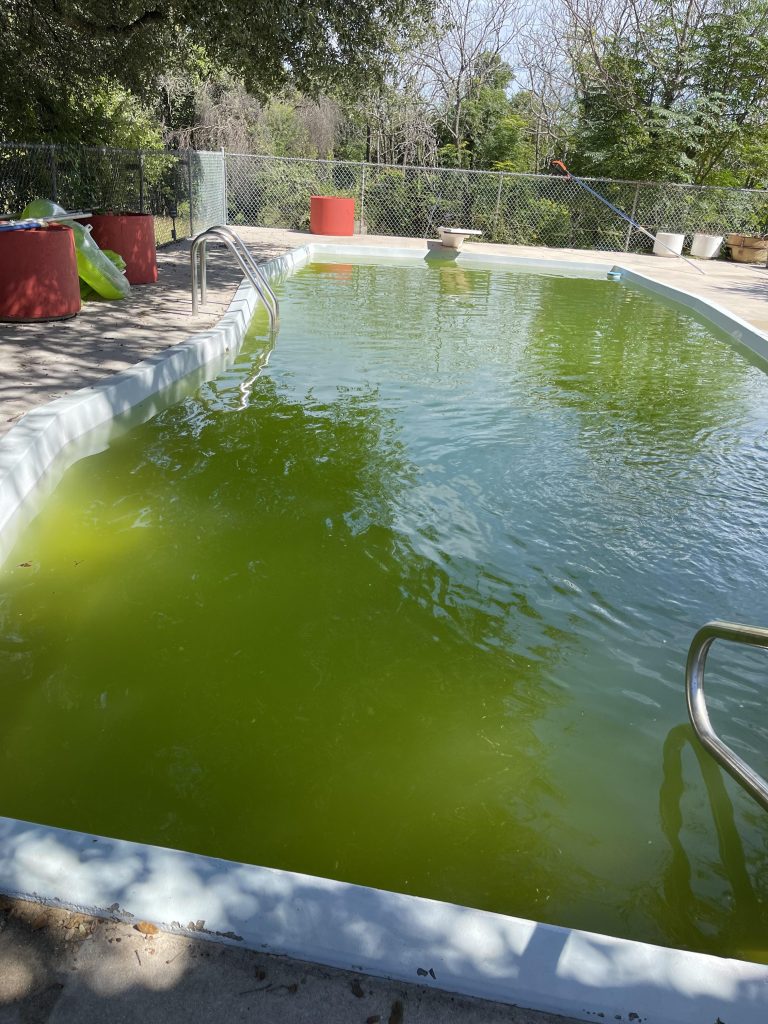 image source: reddit.com
image source: reddit.com
Public pools have been identified as potential breeding grounds for waterborne illnesses, triggering infectious outbreaks with severe health implications. The transmission of bacteria, viruses, and parasites can occur through contaminated pool water, especially if the pool lacks proper hygiene and water treatment practices.Advertisement
14. Vomit and poop are an unfortunate risk...
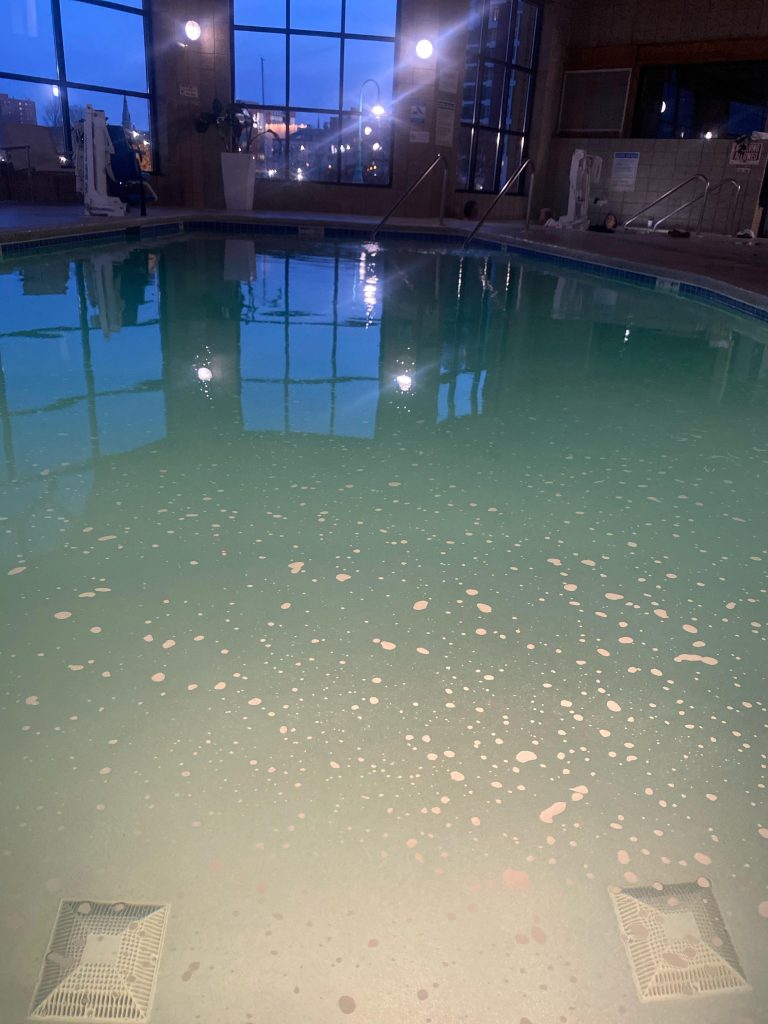 image source: reddit.com
image source: reddit.com
The occurrence of accidents involving vomit or feces in a pool poses an immediate and severe threat to public health. Such incidents necessitate the immediate closure of the pool to prevent the potential spread of pathogens and contaminants.Advertisement
15. High temperatures can make chlorine less effective
image source: reddit.com
High temperatures can significantly impact the efficacy of chlorine in pool water. As temperatures rise, chlorine dissipates more rapidly, potentially compromising its ability to neutralize harmful bacteria and pathogens. This heightened vulnerability requires increased monitoring and maintenance during hot weather.Advertisement
16. Most adults and kids are going to swallow some pool water
 image source: reddit.com
image source: reddit.com
The inadvertent consumption of pool water by swimmers, both adults and children, poses a potential health risk as they inadvertently expose themselves to waterborne pathogens. Adults typically ingest around half an ounce of water during a swimming session, while children can ingest twice that amount.Advertisement
17. Over 89 million people swim in public pools during the summer (think of the germs!)
 image source: reddit.com
image source: reddit.com
Summer, marked by the influx of over 89 million people into public pools, transforms these recreational havens into potential hotspots for disease-causing pathogens. Even well-maintained and adequately chlorinated pools face challenges in controlling the proliferation of microorganisms due to the sheer volume of swimmers.Advertisement
18. Sweat, dirt, oil, bodily fluids - you name it, it's in the water
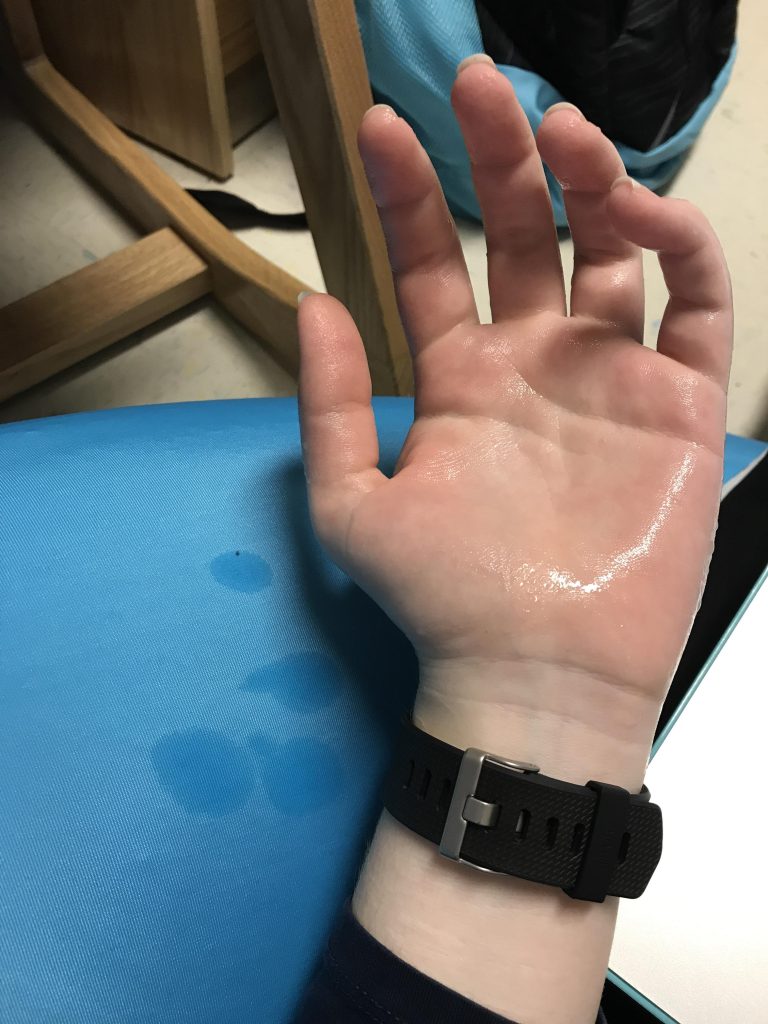 image source: reddit.com
image source: reddit.com
The composition of pool water is a complex amalgamation of various substances, ranging from sweat, dirt, and oil to bodily fluids. While most of these nonpathogenic elements may not pose an immediate health threat, they contribute to the overall degradation of water quality.Advertisement
19. Chlorine isn't always the effective germ-killer you think it is
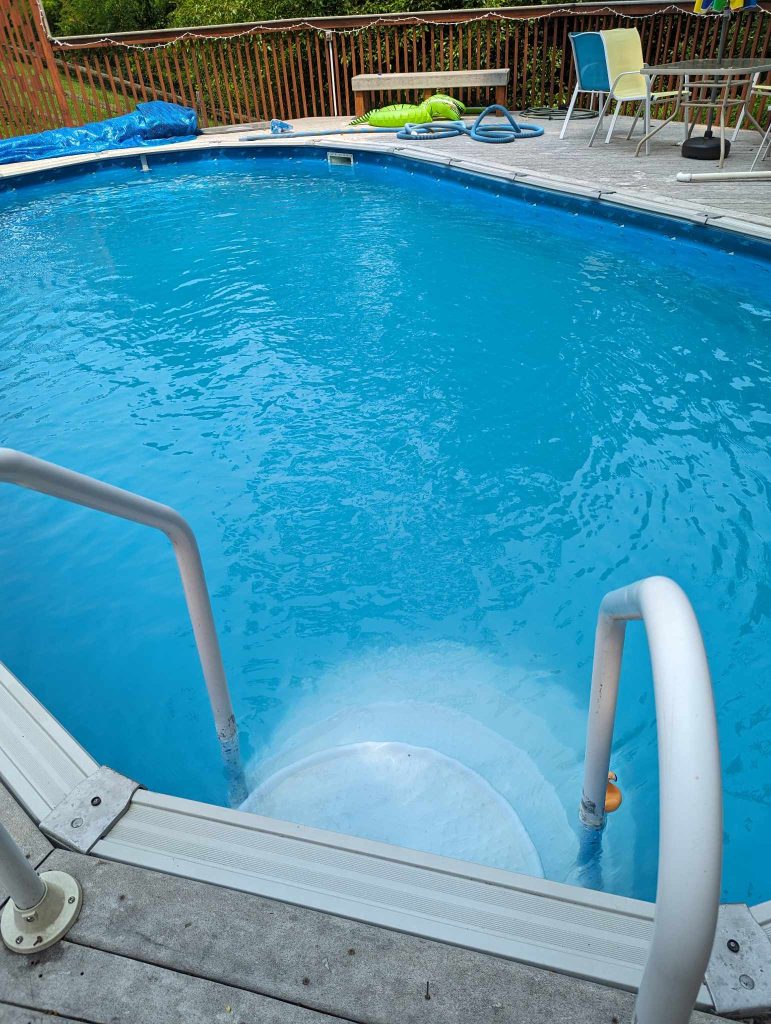 image source: reddit.com
image source: reddit.com
Chlorine, a widely used disinfectant in pools, faces challenges in maintaining sufficiently high concentrations, primarily due to various factors. The large number of swimmers, combined with the use of sunscreen and personal care products, can deplete chlorine levels in the water.Advertisement
20. There's more feces than you'd like to think
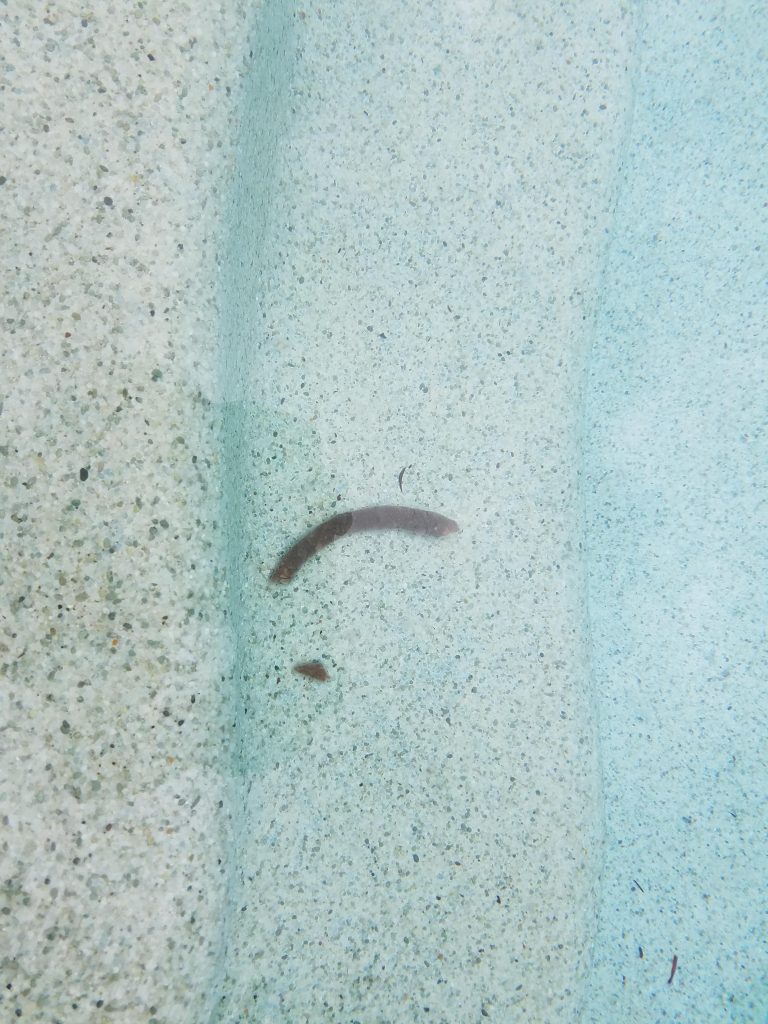 image source: reddit.com
image source: reddit.com
The significant amount of feces shed into pool water daily, amounting to several pounds, creates a concerning environment ripe for potential disease spread. Fecal matter can carry pathogens such as hepatitis A and E. coli, posing a substantial health risk to swimmers.Advertisement
21. And just because urine is exposed to chlorine doesn't mean it's sterilized
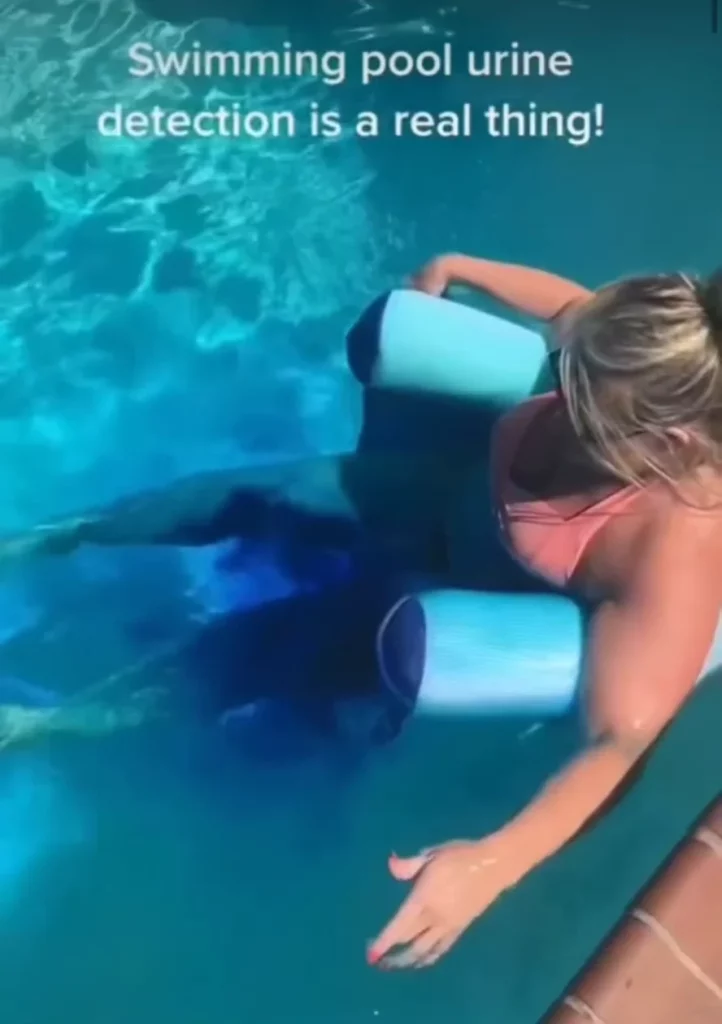 image source: reddit.com
image source: reddit.com
Despite the common misconception that urine in pools is sterile, the reality is quite different. Not only is urine not sterile, but excessive amounts of it can also compromise the effectiveness of chlorine against harmful germs like E. coli.Advertisement
22. Most people don't shower before getting into the pool like they should
 image source: reddit.com
image source: reddit.com
A prevailing issue contributing to the accumulation of bacteria, fecal matter, sweat, and personal care products in pools is the common practice of not showering before swimming, especially prevalent in the United States. The absence of this pre-swim hygiene routine exacerbates the challenge of maintaining optimal water quality.Advertisement
23. Swim diapers on babies aren't foolproof - most leak...
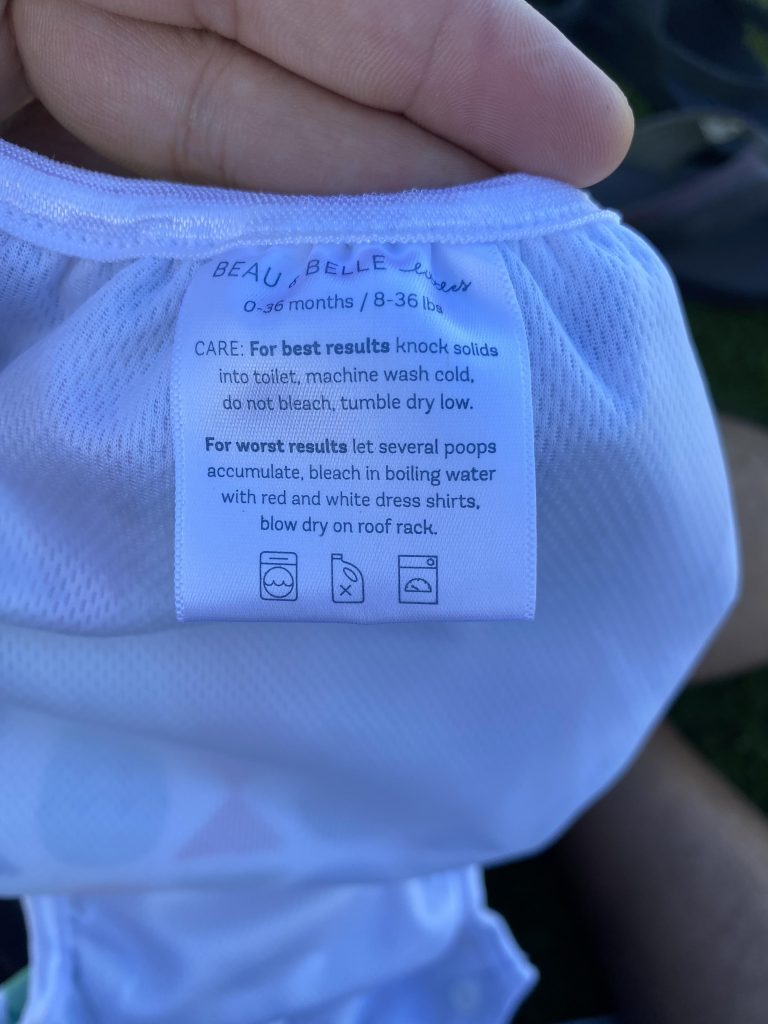 image source: reddit.com
image source: reddit.com
The convenience of swim diapers for babies is often overshadowed by the challenges they pose in preventing leaks. Despite being designed to contain solid waste, swim diapers frequently fail to provide foolproof protection, leading to potential contamination of pool water.Advertisement
24. Diarrhea-causing pathogens are still present on people who have had it recently
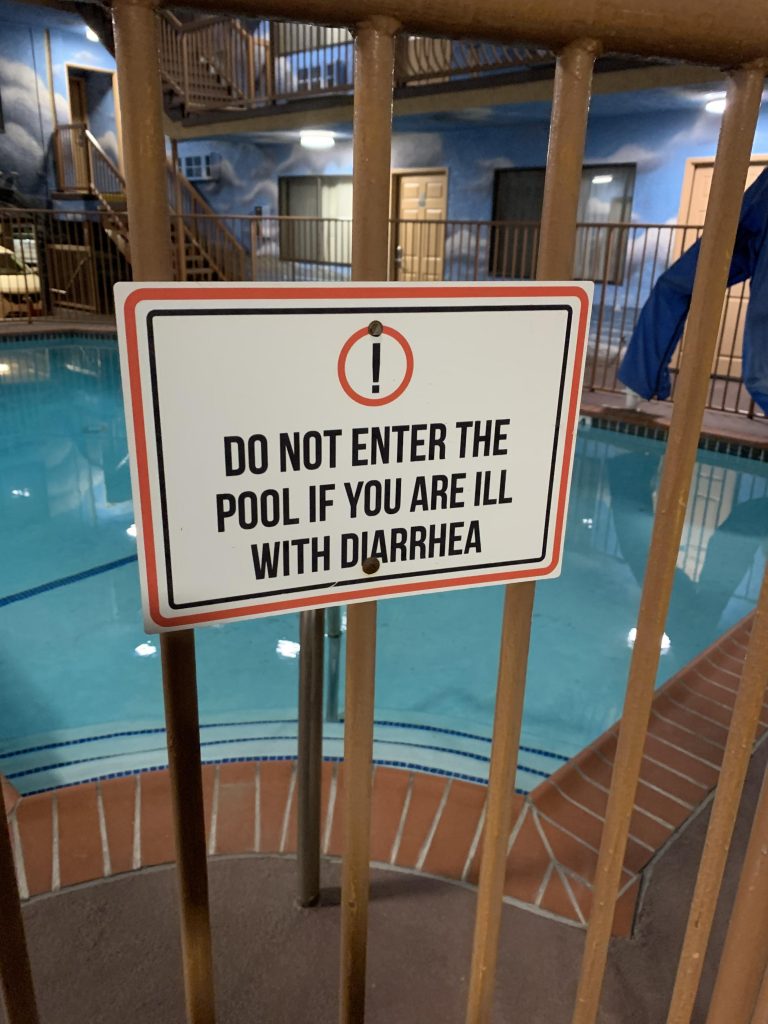 image source: reddit.com
image source: reddit.com
Individuals who have experienced diarrhea within the past two weeks can shed diarrhea-causing pathogens into the pool, presenting a considerable health risk for other swimmers. The shedding of these pathogens, even in the absence of apparent symptoms, underscores the potential for disease transmission in pool water.Advertisement
25. Accidental poops from children are common
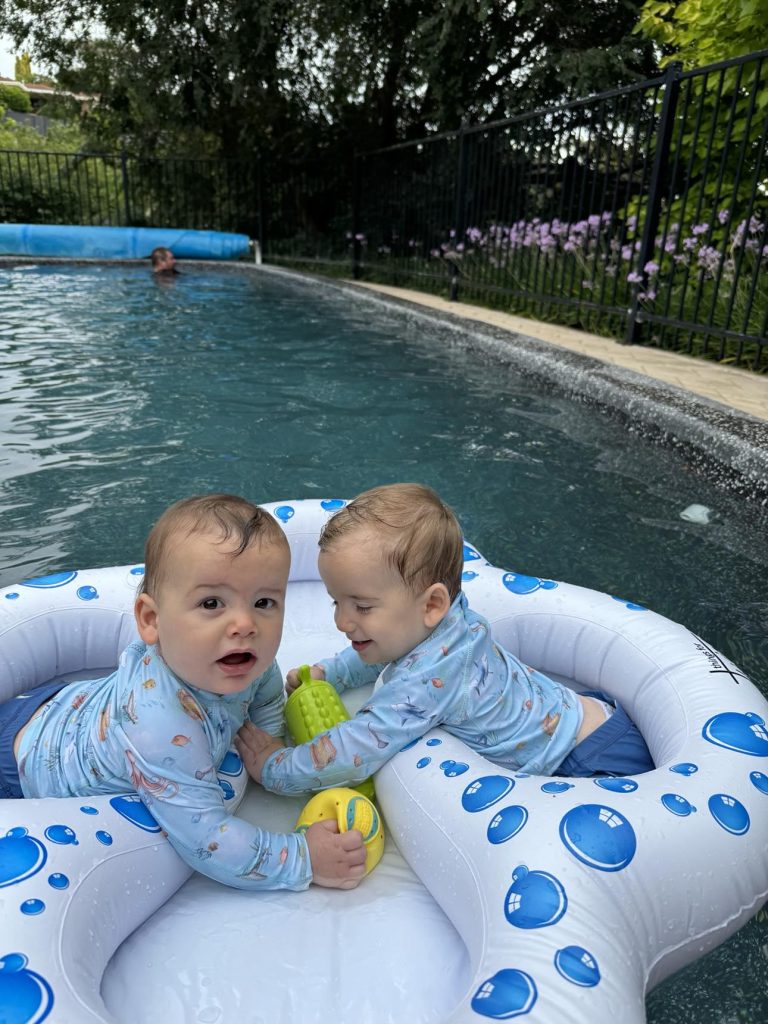 image source: reddit.com
image source: reddit.com
Accidental fecal incidents, particularly from children, are more prevalent than commonly perceived, presenting a considerable challenge in promptly removing them from the water. The urgency in closing the pool and thorough cleaning after such incidents is paramount to prevent the potential spread of waterborne illnesses.Advertisement
26. Even a small amount of pool water is enough to make someone sick
 image source: reddit.com
image source: reddit.com
Contrary to the perception that pool water is inherently safe, even a small amount can potentially make individuals sick. This underscores the importance of treating pool water with caution and adopting a mindset similar to water sanitation practices in other contexts.Advertisement
27. Chlorine shocks don't happen as often as they should
 image source: reddit.com
image source: reddit.com
While chlorine shocks are highly effective in killing germs and maintaining water quality, their infrequent application is primarily due to the associated operational challenges. The process involves shutting down the pool for an entire day, causing inconvenience to both pool operators and users.Advertisement
28. The rate of illnesses from public swimming is actually growing
 image source: rampanttv.com
image source: rampanttv.com
The alarming increase in the rate of illness outbreaks from swimming pools underscores the pressing need for stringent guidelines and regulations to ensure public pool safety. As pools become more popular and accessible, the potential for waterborne diseases to spread rises.Advertisement
29. It's not chlorine that turns your eyes red...
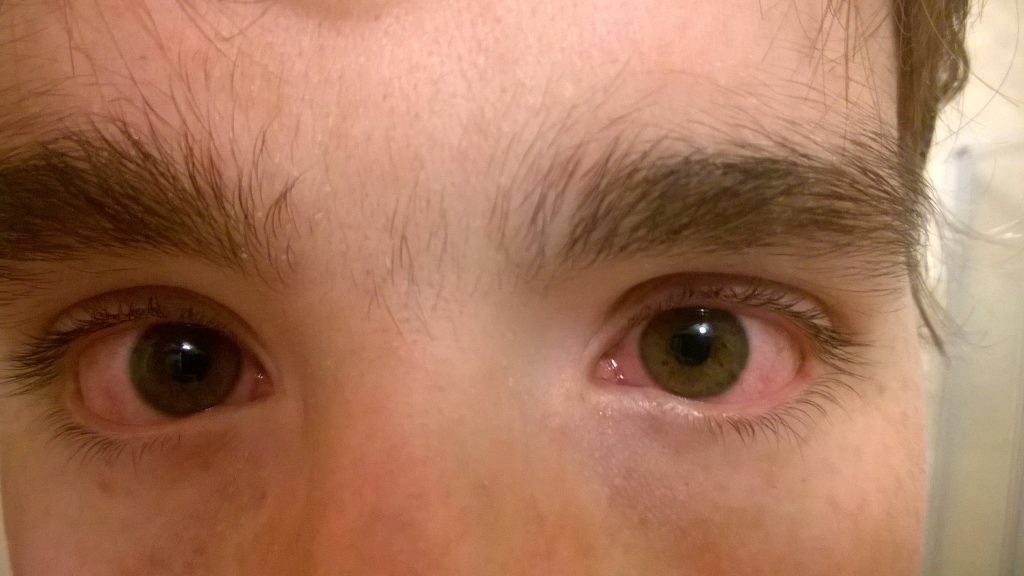 image source: reddit.com
image source: reddit.com
Contrary to the widespread misconception that red eyes while swimming indicate excessive chlorine, health officials clarify that the real culprit behind such symptoms, along with an irritated nose or throat, is the presence of bodily fluids in the water. These fluids encompass urine, feces, and sweat.Advertisement
30. And chlorine doesn't clean YOU while you're in the pool
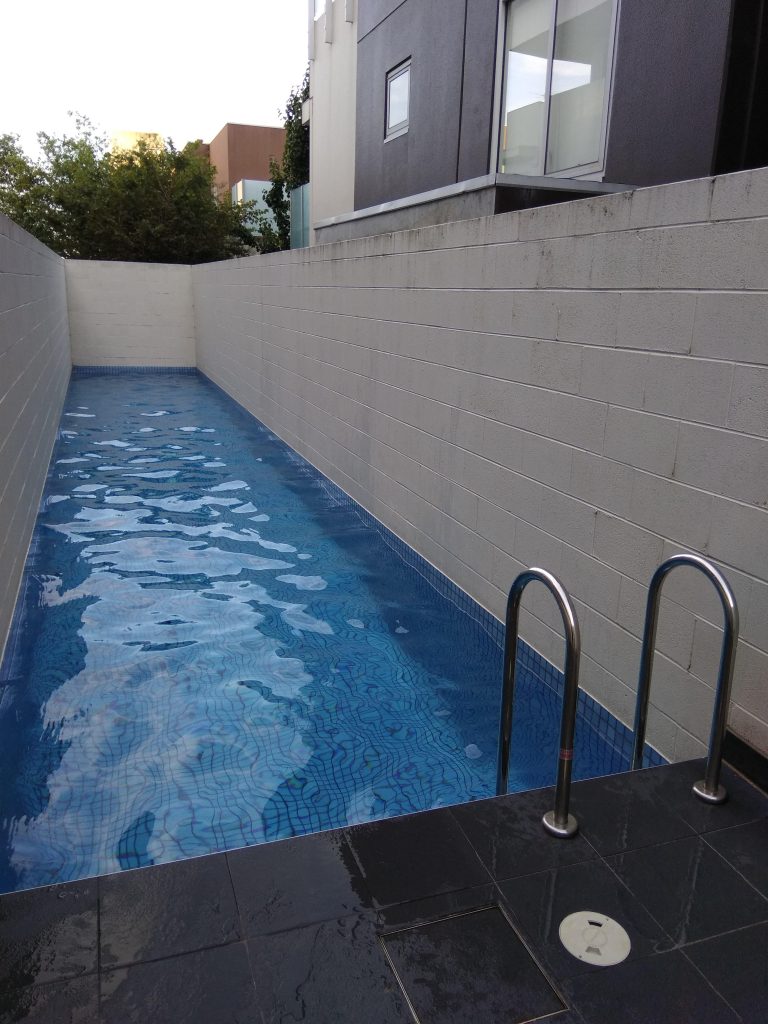 image source: reddit.com
image source: reddit.com
Merely one-third of Americans adhere to the pool regulations, which recommend showering before entering the water. However, compelling evidence supports the importance of this practice, as taking this simple step can significantly contribute to maintaining pool cleanliness.Advertisement
31. Hot tubs can actually give you a rash
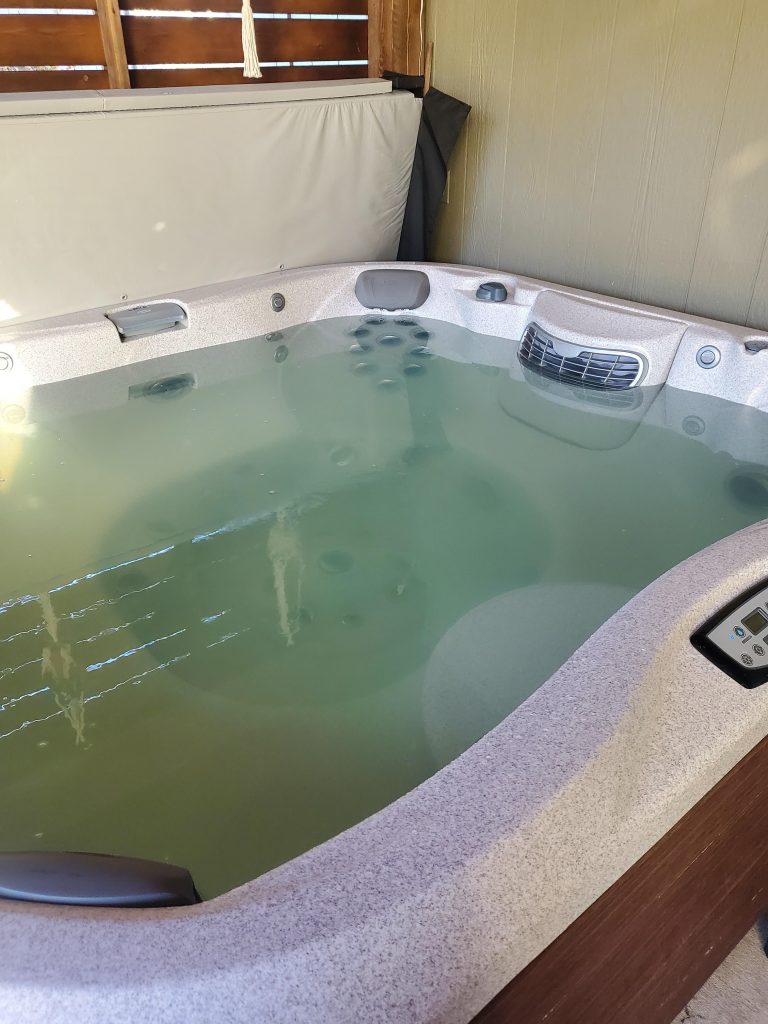 image source: reddit.com
image source: reddit.com
Engaging in activities in a poorly maintained hot tub can expose individuals to legionella, the bacteria responsible for causing both Legionnaires' disease and Pontiac fever, a less severe form of the infection. While many individuals may not fall ill after encountering the bacteria, others may experience symptoms such as cough, shortness of breath.Advertisement
32. Pools can spread pinkeye
 image source: reddit.com
image source: reddit.com
Echovirus, a prevalent pathogen in freshwater, is frequently traced back to swimming pools, causing conditions like pinkeye, rashes, sore throats, and the common cold. According to the CDC, lakes and ponds rank as the second most common origins of this infection.Advertisement
33. Pools can also make your tummy very sick
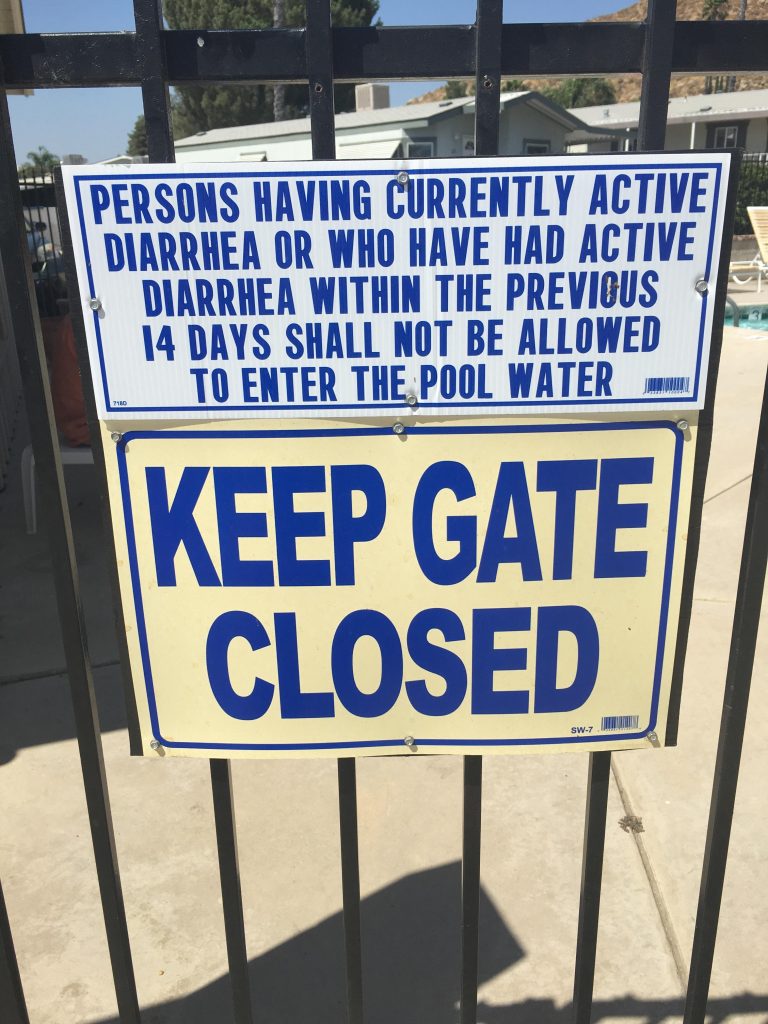 image source: reddit.com
image source: reddit.com
Swimming is most frequently associated with reported cases of diarrheal illnesses. The primary culprit is the germ Cryptosporidium, commonly referred to as crypto, and its prevalence is on the rise. According to the CDC, cases of this infection surged by over 200 percent from 2004 to 2008, escalating from 3,411 cases to 10,500 cases.Advertisement
34. Contamination isn't exclusive to pools, either...
 image source: reddit.com
image source: reddit.com
Contamination extends beyond just pools; beaches also harbor their share of pathogens. For instance, at Oregon's Blue Lake Regional Park in 2014, approximately 70 swimmers fell ill with norovirus, an unpleasant infection associated with symptoms like diarrhea and vomiting.Advertisement
35. So how do you stay safe and hygienic in a public pool? Always shower before swimming
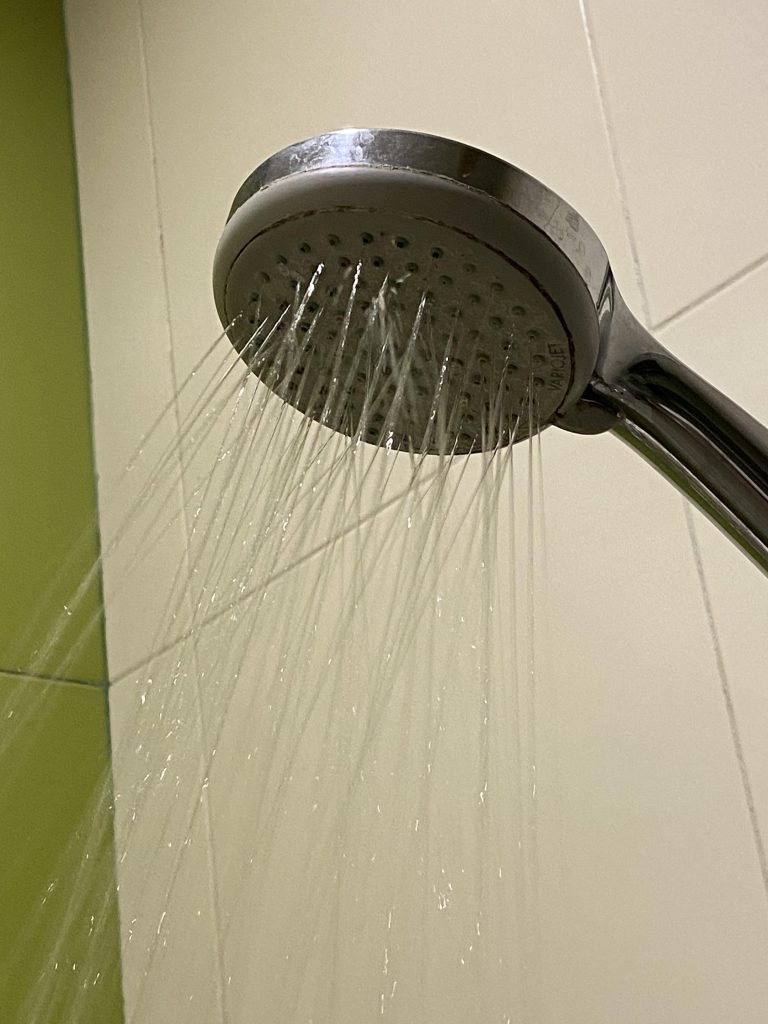 image source: reddit.com
image source: reddit.com
Prioritizing personal hygiene by showering before entering the pool is a crucial step in maintaining water quality and ensuring a healthy swimming environment. The shower serves as a preliminary line of defense against contaminants like oils, lotions, and other substances present on the skin.Advertisement
36. Follow all the pool rules
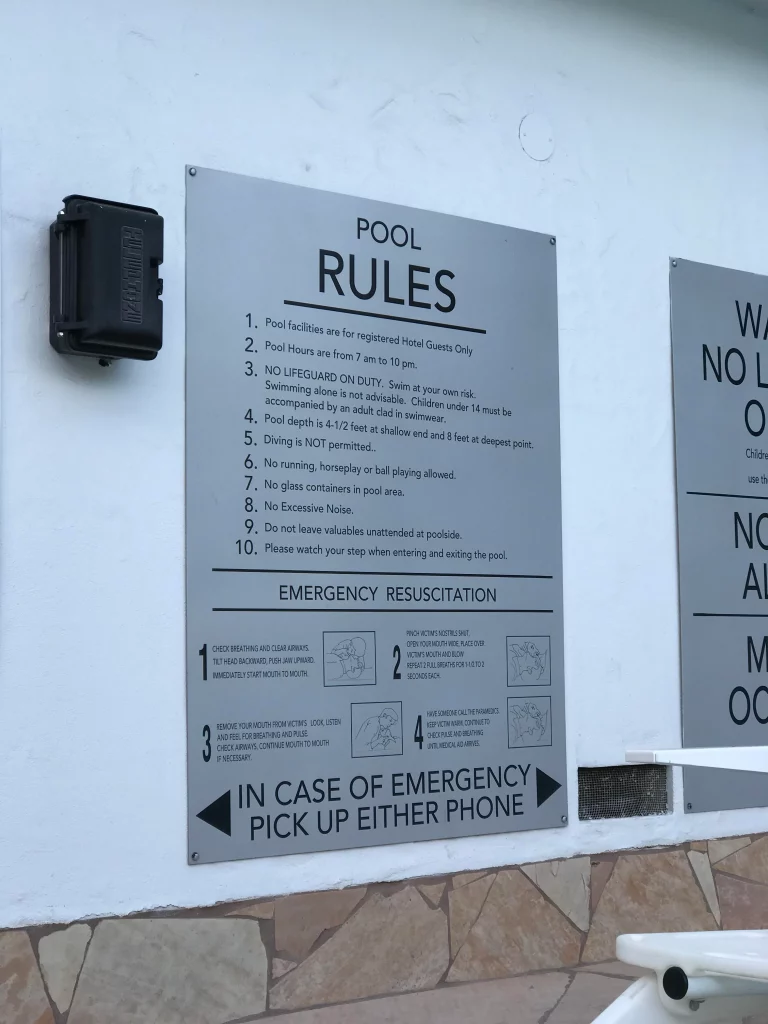 image source: reddit.com
image source: reddit.com
Adhering to posted pool rules and guidelines is fundamental to fostering a safe and enjoyable experience for all users. Pool rules are designed to promote safety, prevent accidents, and ensure a harmonious environment for diverse individuals.Advertisement
37. Stay hydrated! (and we don't mean drink the pool water)
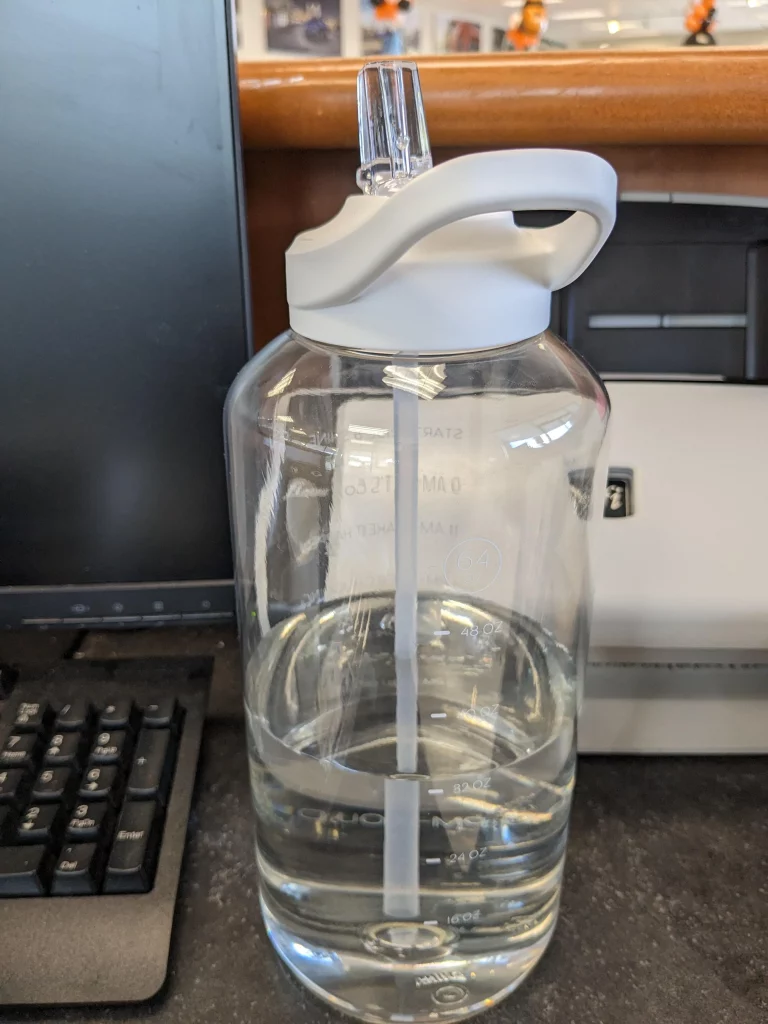 image source: reddit.com
image source: reddit.com
Staying hydrated is paramount when spending a significant amount of time in the pool. Prolonged exposure to water can lead to dehydration, making it essential for swimmers to replenish fluids regularly. Proper hydration supports overall well-beingAdvertisement
38. Don't go to the pool when you're sick
image source: reddit.com
Exercising responsible behavior by refraining from swimming when feeling unwell is crucial in preventing the spread of illnesses to other pool users. Contagious conditions can easily be transmitted in water, posing a risk to the entire pool community.Advertisement
39. Make sure children are wearing swim diapers
 image source: reddit.com
image source: reddit.com
Ensuring that young children wear appropriate swim diapers is an essential measure to prevent accidents and maintain water hygiene. Swim diapers are designed to contain solid waste, minimizing the risk of contamination in the pool.Advertisement
40. Take regular bathroom breaks
image source: reddit.com
Promoting the habit of taking regular bathroom breaks, especially among young swimmers, is a vital strategy to minimize the risk of accidents in the pool. Young children, in particular, may be more prone to sudden bathroom needs, and encouraging frequent breaks helps maintain the cleanliness and hygiene of the pool water.Advertisement
41. Avoid swallowing any of the water
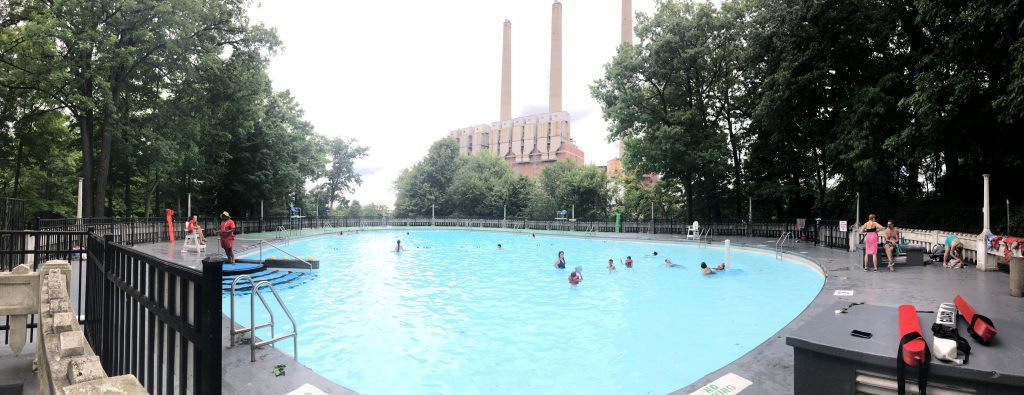 image source: reddit.com
image source: reddit.com
Emphasizing the importance of keeping one's mouth closed while swimming serves as a preventive measure to minimize the chances of ingesting pool water. Swallowing water, even in well-maintained pools, introduces the risk of unintentionally consuming contaminants.Advertisement
42. Practice good personal hygiene
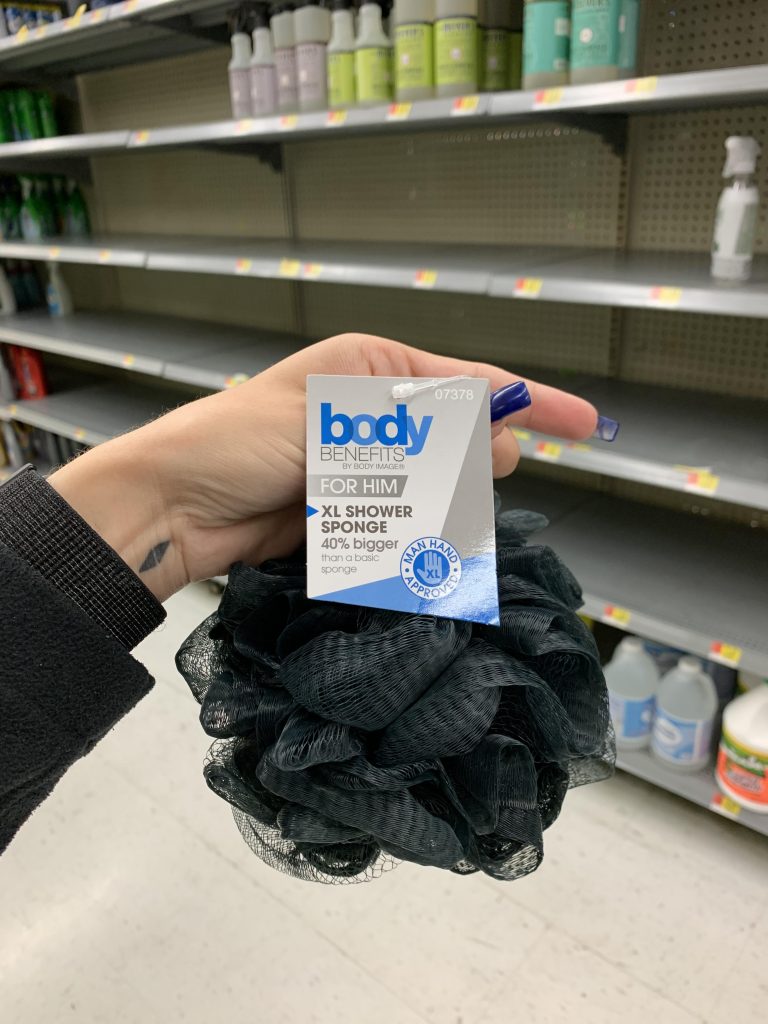 image source: reddit.com
image source: reddit.com
Practicing good personal hygiene, including thorough handwashing after using the bathroom and before entering the pool area, is a fundamental aspect of maintaining a clean and safe swimming environment. Hands can harbor germs and contaminants.Advertisement
43. Check the condition of the pool
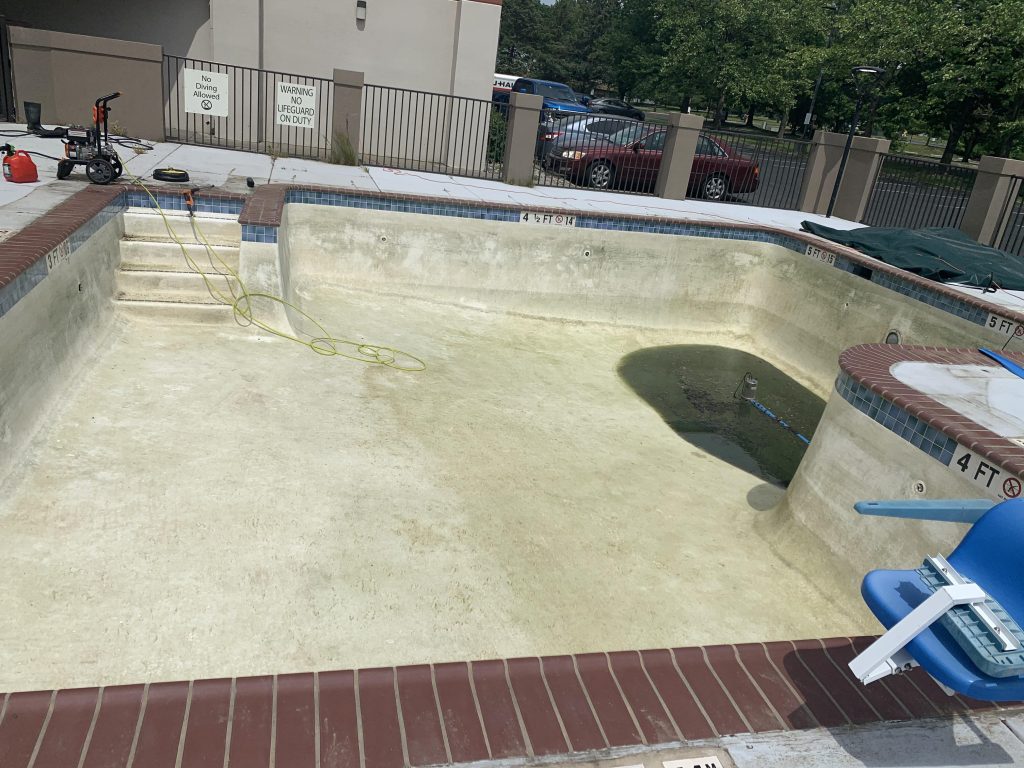 image source: reddit.com
image source: reddit.com
Before taking a plunge, swimmers should take a moment to assess the pool's condition, looking for signs of cleanliness and clarity. If the water appears cloudy or exhibits an unusual odor, promptly notifying pool staff is crucial.Advertisement
44. Apply sunscreen when you need it
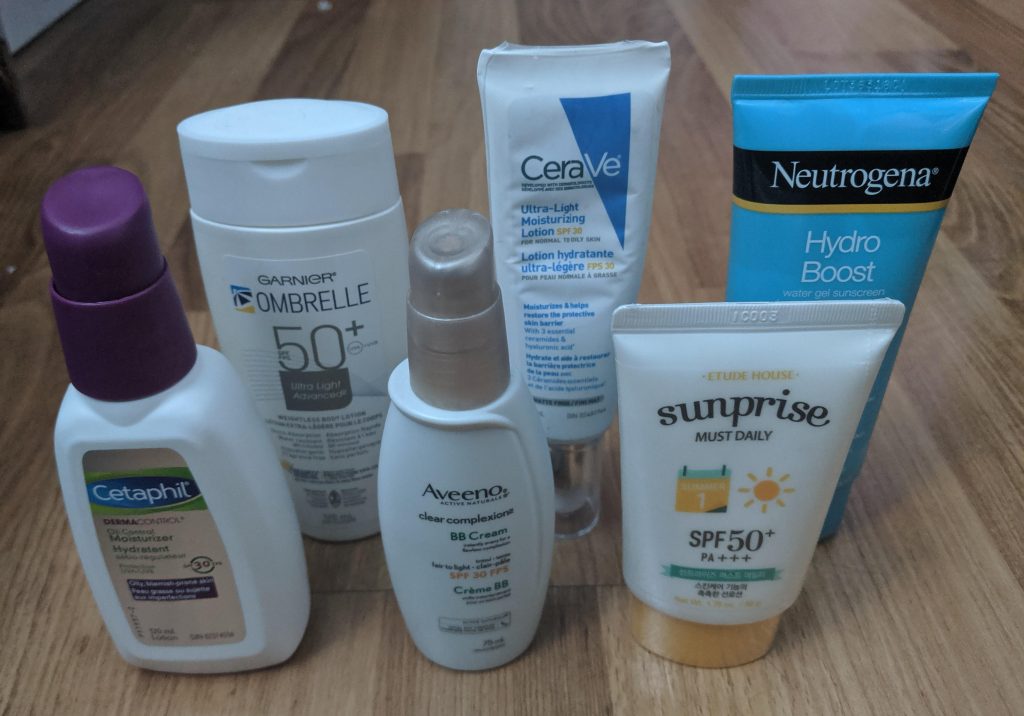 image source: reddit.com
image source: reddit.com
Applying sunscreen before entering the pool is not only essential for protecting the skin from harmful UV rays but also contributes to overall sun safety. Sunscreen helps prevent sunburn and reduces the risk of long-term skin damage.Advertisement
45. Stay informed about water quality
 image source: reddit.com
image source: reddit.com
Being proactive about water quality is crucial for a positive swimming experience. Swimmers should take the initiative to familiarize themselves with the pool's water quality testing results, which are typically available to the public.Advertisement
46. Keep an eye on children around the pool
 image source: reddit.com
image source: reddit.com
Ensuring the safety of children in and around the pool requires vigilant supervision. Swimmers, especially parents and guardians, should keep a close eye on children to ensure they are following safety rules and guidelines. Active supervision is vital in preventing accidents.Advertisement
47. Avoid diving in the shallow areas
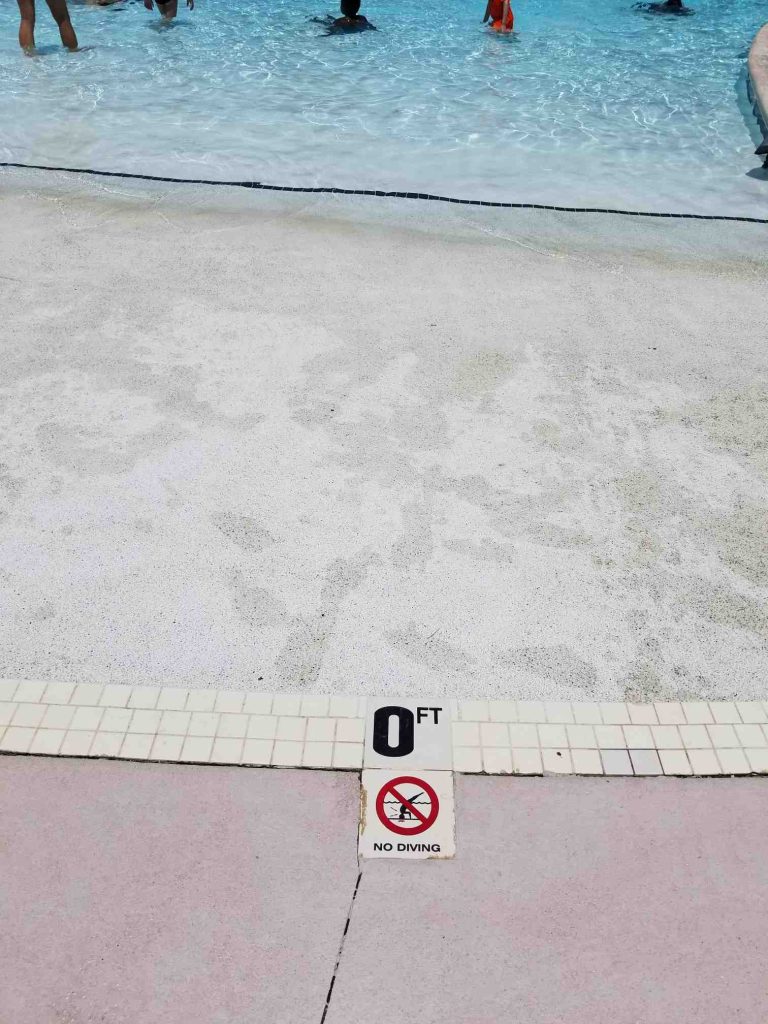 image source: reddit.com
image source: reddit.com
Diving should only occur in designated deep areas to prevent injuries caused by unexpectedly shallow water. Swimmers should always check the pool's depth before diving and strictly adhere to posted guidelines. This precautionary measure minimizes the risk of head and neck injuries, especially in pools with varying depths.Advertisement
48. Learn basic water rescue skills
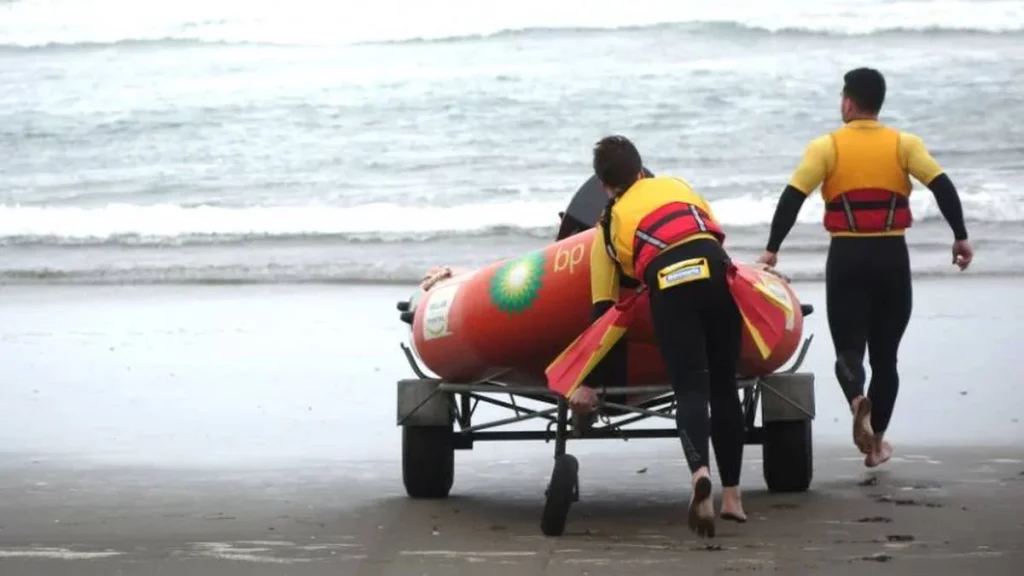 image source: reddit.com
image source: reddit.com
Acquiring basic water rescue skills is a valuable asset in enhancing overall pool safety. Individuals should familiarize themselves with essential rescue techniques and know the location of safety equipment like life rings and first aid kits.Advertisement
49. Report any concerns you have to staff
image source: reddit.com
Maintaining a safe and hygienic pool environment requires a collaborative effort between swimmers and pool staff. If any safety or hygiene concerns are observed, swimmers should promptly report them to pool staff. This proactive approach facilitates timely intervention and resolution of issues.Advertisement
50. Shower after swimming, too
 image source: reddit.com
image source: reddit.com
Post-swimming hygiene is a crucial practice to rinse off residual pool chemicals and maintain personal cleanliness. Taking a shower after swimming helps remove chlorine, sweat, and other substances from the skin and hair. This routine not only contributes to individual well-being but also supports overall water quality.Advertisement



